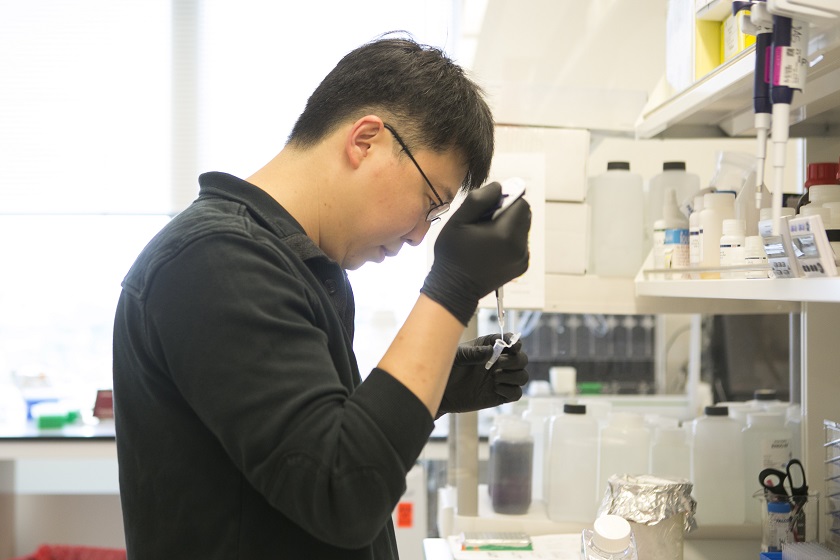
Image credit- statnews.com
A team of researchers led by Dr. Paddy Chan Kwok-leung of the Mechanical Engineering Department at the University of Hong Kong (HKU) has developed a sensor that detects and measures the amount of C-reactive protein (CRP) in the blood of human patients. The level of CRP in the blood is an important indicator reflecting the level of the inflammation of patients. It is currently tested by blood analysis, which cannot provide real-time information of the patients.
The mechanically-flexible organic electronic device measures biological information in real-time and can detect the amount of CRP in the blood down to 1 µg/mL. The organic sensor is less than one micrometer thick and saves sample and data collection time, giving a readout more than 30 times faster than conventional methods. The real-time signal readout would allow doctors to take immediate action for their patients.
Other than CRP in blood, the team also plans to measure other biomarkers, especially neurotransmitters or other molecules from the cerebrospinal fluid that can provide valuable real-time information in patients suffering from head injury or strokes. The researchers are also developing a big data system to continuously measure and monitor various valuable biomedical information from the brain or other parts of the body.




